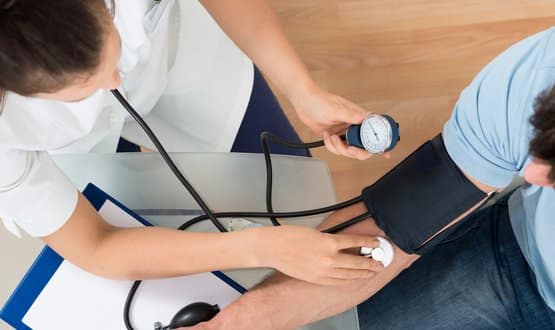People with hearing and sight loss in West Yorkshire and Harrogate are to be trained to use digital health tools to make visiting the GP easier.
The project is being run by mHabitat and was designed to find out more about the challenges faced by people with hearing and sight loss when making and attending GP appointments.
This includes difficulties in booking GP appointments, accessing buildings and waiting areas, communicating during consultations and reading information leaflets or letters.
To help overcome some of these, the project team looked into the most effective apps and assistive technologies, such as:
- Online appointment booking
- Communication technology such electronic note-takers, tools which convert speech to text or text to speech
- An app that turns a mobile phone into a hearing aid
- Apps using artificial intelligence (AI)
A list of useful apps and technology was then created for GPs and other organisations to help them support patients with hearing and sight loss.
The project recruited 44 ‘digital champions’ – including charities, service users and NHS organisations – within the West Yorkshire and Harrogate Health and Care Partnership to share this information.
The initiative forms part of NHS Digital’s Widening Digital Participation (WDP) programme, which aims to make digital health services and information accessible to the most excluded people in society.
Nicola Gill, WDP programme director at NHS Digital, said: ‘This pathfinder has successfully shown how day-to-day technology can help overcome some of the challenges faced by people with hearing and visual impairments when they visit their GP.
“It has highlighted some valuable learning points, such as focusing on digital inclusion, listening to and working with patients and encouraging GPs to recognise that patients with disabilities may need additional support.
“We are pleased to have learned so much from this project and hope that GPs and other health practitioners across the country will adopt this model of digital inclusion to support their patients with visual and hearing impairments.”
The WDP programme involves 20 digital inclusion pathfinders being run across the country in partnership with charity Good Things Foundation, to test new ways to help people access digital tools.
Projects under the WDP programme have included a digital health and wellbeing hub that aims to improve people’s online skills and a digital outreach programme is Hastings that helps authorities monitor the health of homeless and insecurely housed people.

